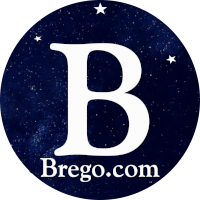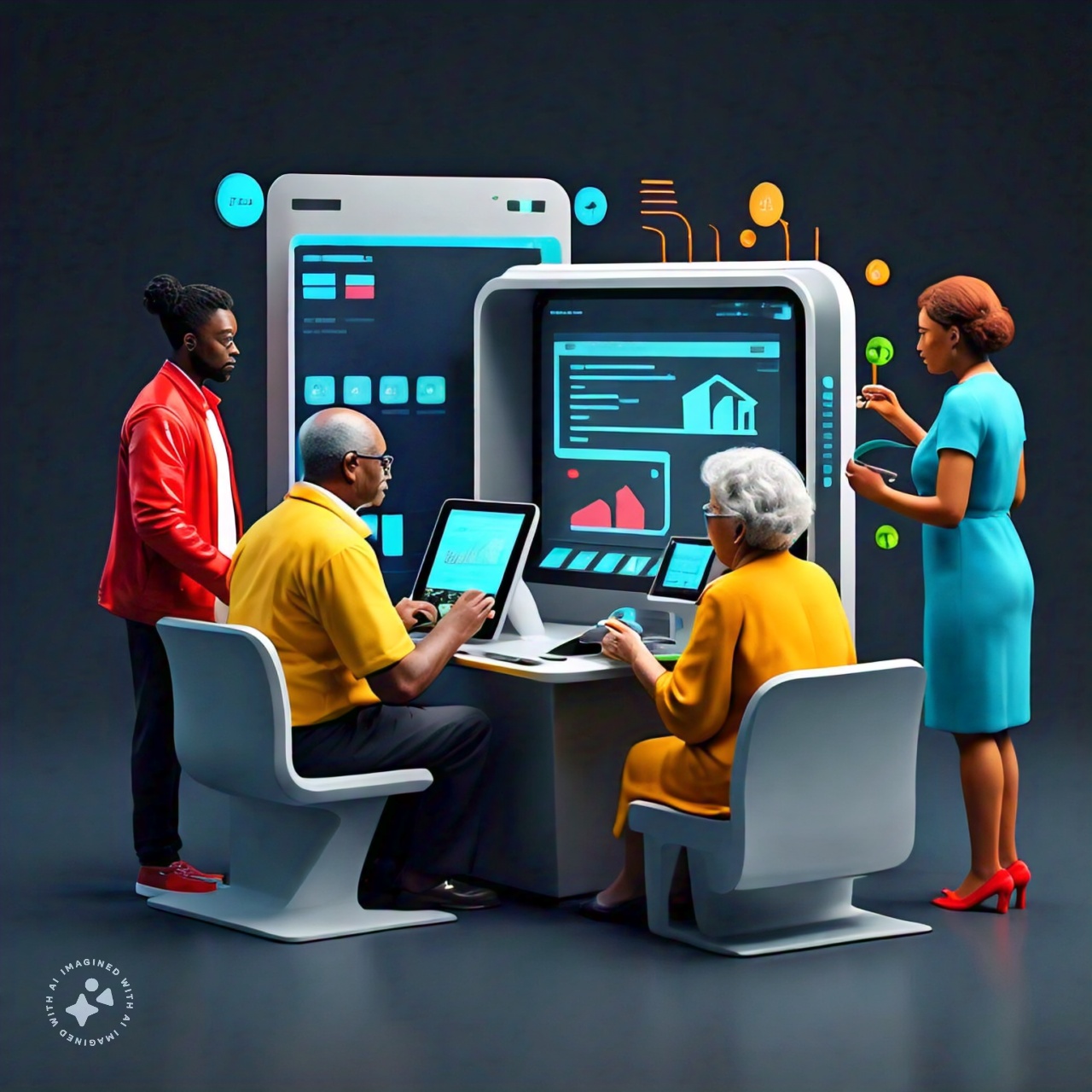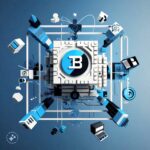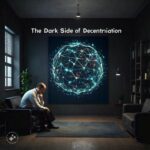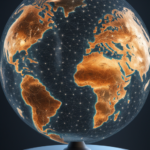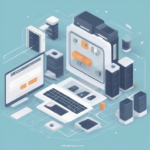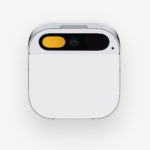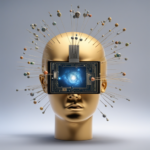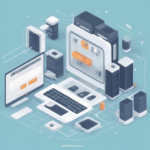
Web3 and Germany’s Contribution
The internet has been evolving since its inception, from the early days of static web pages (Web1) to the current era of interactive and social web applications (Web2). However, the current version of the web has some limitations and challenges, such as centralization, censorship, privacy breaches, data monopolies, and security risks. To address these issues, a new paradigm of the internet is emerging, which is called Web3.
Web3, also known as the decentralized web, represents the next generation of the internet that leverages blockchain technology and decentralized networks[^1^][1]. Blockchain is a distributed ledger that records transactions in a secure and transparent way, without the need for intermediaries or trusted third parties. Decentralized networks are peer-to-peer systems that allow users to communicate and exchange data directly, without relying on centralized servers or platforms.
The main goal of Web3 is to create a more democratic and user-centric online world, where users have more control over their data, identity, and digital assets[^2^][2]. Web3 also enables new forms of innovation, collaboration, and value creation across various sectors and industries. Some of the key features and benefits of Web3 are:
- Decentralization: Web3 reduces the dependence on centralized authorities and intermediaries, such as governments, corporations, or platforms. This allows users to have more freedom, choice, and sovereignty over their online activities and interactions.
- Trustlessness: Web3 eliminates the need for trust in online transactions and communications, as they are verified by cryptographic proofs and consensus mechanisms. This enhances the security, reliability, and efficiency of the web.
- Interoperability: Web3 enables different blockchain networks and protocols to communicate and exchange data with each other, creating a network of networks. This facilitates cross-chain collaboration and compatibility among various Web3 applications and services.
- Openness: Web3 promotes open-source development and community governance, where anyone can participate, contribute, and benefit from the web. This fosters innovation, diversity, and inclusion in the Web3 ecosystem.
- Value creation: Web3 allows users to create and own their digital assets, such as tokens, NFTs, or DAOs. These assets can represent anything of value, such as currency, art, music, or governance rights. Users can also monetize their data, content, or skills on the web.
Germany is one of the leading countries in Europe that supports the development and adoption of Web3 technologies. The country has a strong economy, a vibrant tech scene, and a progressive regulatory environment that fosters innovation and experimentation. Germany also has a rich history of social movements and civic engagement, which aligns with the vision and values of Web3.
The Emergence of Web3 in Germany
The emergence of Web3 in Germany can be traced back to 2018, when the first blockchain startups began to appear in Berlin. Berlin soon became the main hub for blockchain innovation in Germany, hosting over 100 blockchain companies and several events and communities. Some of the notable blockchain companies based in Berlin are Bitwala (a crypto banking service), Ocean Protocol (a data marketplace protocol), Gnosis (a prediction market platform), Parity Technologies (a blockchain infrastructure provider), Centrifuge (a decentralized asset finance platform), Lition (a green energy trading platform), Slock.it (a smart contract platform for IoT devices), and DAOstack (a framework for decentralized organizations).
In 2019, the German government released a comprehensive blockchain strategy that outlined its goals and priorities for promoting blockchain technology and its applications. The strategy recognized the potential of blockchain for enhancing digital sovereignty, security, transparency, and efficiency in various domains, such as finance, energy, mobility, health, education, and public administration. The strategy also emphasized the need for legal clarity,
consumer protection,
sustainability,
and international cooperation in the blockchain sector.
- In 2020,
The number of blockchain companies in Germany doubled, reaching over 300 startups
and projects. - The growth was driven by the increasing demand and interest in blockchain solutions from various industries
and sectors.
Some of the examples of blockchain adoption in Germany are:
| Sector | Example |
|---|---|
| Finance | Deutsche Bank partnered with HQLAx to use blockchain for securities lending. |
| Retail | Lidl implemented blockchain for traceability of its products. |
| Real Estate | Immobilienscout24 integrated blockchain for property transactions and land registry. |
| Healthcare | MediLedger used blockchain for verifying pharmaceutical products. |
| Energy | EnBW launched a blockchain-based platform for green energy trading. |
- In 2021,
Germany passed a lawthat allowed electronic securitiesto be issued on a blockchain. - The law aimed to modernize the securities market and facilitate the digitization of financial assets.
- The law also created a legal frameworkfor tokenization, which is the process of converting real-world assets into digital tokens that can be traded on a blockchain.
- Tokenization can enable new forms of asset ownership, financing, and investment.
In 2022, major German companies started to adopt blockchain technology and explore Web3 applications[^5^][5]. For example, Siemens partnered with Energy Web Foundation to develop decentralized energy solutions based on blockchain. Deutsche Bahn collaborated with Ocean Protocol to create a data marketplace for mobility data. SAP integrated Chainlink’s oracle network to connect its enterprise software with blockchain data sources. Bosch invested in IOTA Foundation to support its development of a distributed ledger for the Internet of Things.
The Future of Web3 in Germany
The future of Web3 in Germany looks promising, as the country continues to support the growth and innovation of the Web3 ecosystem. Germany has the potential to become a global leader in Web3 development and adoption, as it leverages its economic strength, technological expertise, and social values[^7^][7]. As Web3 enters a new era of the internet, Germany is well-positioned to shape its digital future.
Some of the trends and opportunities that will shape the future of Web3 in Germany are:
- Web3 education and awareness: As Web3 becomes more mainstream and accessible, there will be a need for more education and awareness among the general public and various stakeholders. This will require more initiatives and programs that can inform and inspire people about the benefits and challenges of Web3, such as online courses, workshops, podcasts, blogs, or documentaries.
- Web3 talent and skills: As Web3 creates new opportunities and demands for various professions and roles, there will be a need for more talent and skills that can contribute to the Web3 ecosystem. This will require more training and development programs that can equip people with the relevant knowledge and competencies for Web3, such as coding, design, marketing, or governance.
- Web3 regulation and standards: As Web3 evolves and matures, there will be a need for more regulation and standards that can ensure the safety and quality of Web3 applications and services. This will require more collaboration and coordination among different regulators, policymakers, industry players, and community members, who can establish clear and consistent rules and guidelines for Web3.
- Web3 innovation and experimentation: As Web3 enables new forms of innovation and experimentation across various sectors and industries, there will be a need for more support and encouragement for Web3 entrepreneurs and innovators. This will require more funding and resources that can help them launch and scale their Web3 ventures, such as grants, incubators, accelerators, or mentors.
The Takeaway
The evolution of Web3 in Germany represents an exciting chapter in the country’s tech history[^9^][9]. As we move forward into this new era of the internet, it will be fascinating to see how Web3 continues to shape Germany’s digital landscape.
If you want to learn more about Web3 and Germany’s contribution to it, you can visit [Web3.de.com](^1^), a website that provides information, resources, and news about Web3 in Germany.
Thank you for reading this article. I hope you found it informative and helpful. If you have any questions or feedback, please feel free to contact me. I am always happy to help 😊
